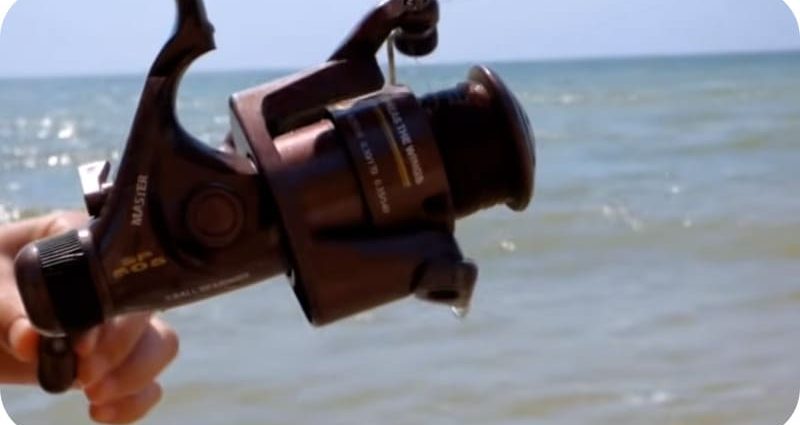Contents
- Rules for Fisheries and Conservation of Aquatic Biological Resources in 2021
- Basic principles, what restrictions are set
- Fishery basins and water bodies of fishery importance
- Types of fishing that citizens and legal entities can carry out
- Responsibility for committing offenses in the field of fishing
- Conclusion
Fishing is not only a pleasant pastime, but also a great responsibility to nature. Preservation of the population of various types of aquatic biological resources is much more important than fleeting satisfaction. In addition, the law provides for liability for damages.
What is allowed and what is not is clearly stated in the relevant legislative acts, which will be discussed later. Therefore, it is important to first familiarize yourself with the main provisions, the rules of fishing in 2021 before setting off for prey. After all, ignorance of the law is no excuse.
Rules for Fisheries and Conservation of Aquatic Biological Resources in 2021
Specific rules are written for a specific fishery and are designed to regulate the procedure for ensuring the safety of water resources. This is due to the fact that in different subjects, water areas, the situation associated with aquatic biospecies varies significantly. Somewhere there are a lot of certain individuals, and in some water areas they are an endangered species. But all the rules are based on the main law N 166 – the Federal Law “On fishing and the conservation of aquatic biological resources.”
General provisions of federal law N 166 – FZ
The federal law was adopted on November 26, 2004 by the State Duma, and the approval took place by the Federation Council on December 8. Entered into force on 20 December and provides a clear explanation. For example, aquatic biological resources include all types of fish, invertebrates, aquatic mammals, as well as other inhabitants of water areas and even plants that are in a state of natural freedom. In a word, bioresources are all living things that live in a reservoir.
Often anglers do not know the basic concepts. For example, anadromous fish species are bioresources that breed (spawn) in fresh water bodies and then migrate to sea waters.
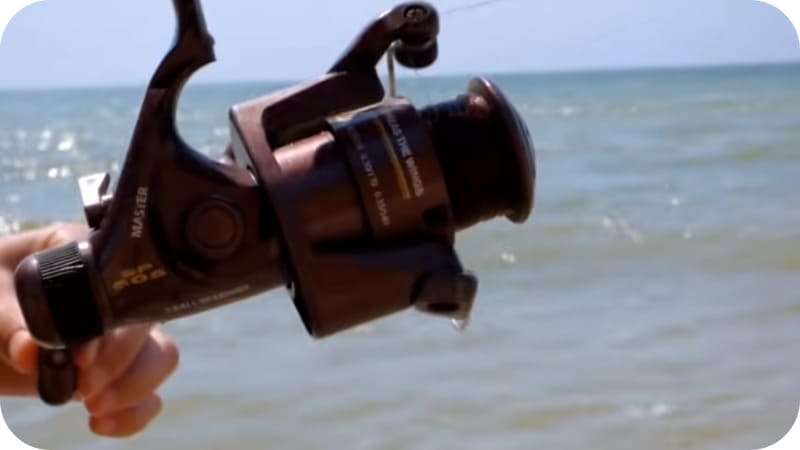
There are fish species that act exactly the opposite, i.e. breed in the sea, and the vast majority of their time is spent in fresh water. They are collectively known as catadromous species.
The law clearly describes what the extraction of aquatic biological resources means. It is defined as the removal of an aquatic life from its habitat. In simple terms, if the fish lies in your boat or on the shore, this is already considered prey (catch).
Paragraph 9 of Article 1 gives the concept of fishing, but it is more about large-scale fishing activities with acceptance, processing, reloading, transportation, etc.
Further, in the general provisions of the law, industrial and coastal fishing is prescribed, which has nothing to do with the ordinary fisherman. What is important to know is the total allowable catch (point 12). This is a certain value (weight, quantity), which is determined by the scientific approach depending on the species.
Basic principles, what restrictions are set
The main principles are:
- accounting of aquatic biological resources for the purpose of their conservation;
- priority of preservation of aquatic biological resources;
- preservation of valuable and endangered species;
- establishment of a legal regime;
- involvement of citizens, public associations, legal entities to ensure the safety of aquatic life;
- taking into account the interests of citizens for whom fishing is the main source of income;
- determination of the rate of production (fishing);
- collection of fees for the implementation of activities in water bodies, where it is provided.
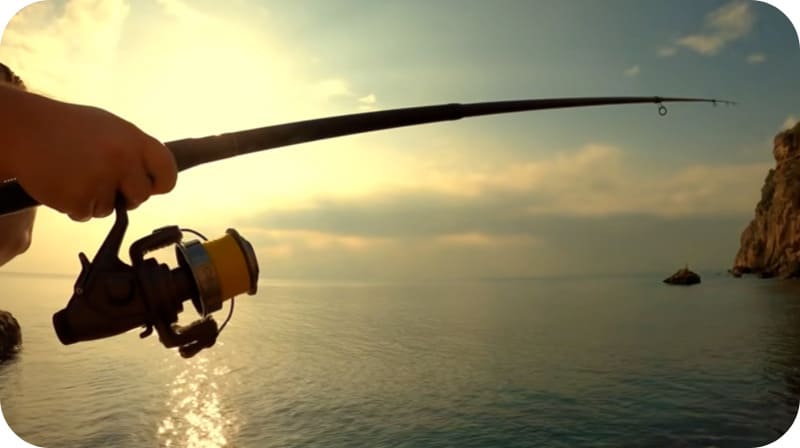
As for restrictions, Law N 166 refers to other legislative acts. For ordinary fishermen, Law N 475 FZ “On Amateur Fishing” is important. Recreational fishing refers to the extraction (catch) of aquatic biological resources by citizens in order to meet their personal needs.
This Federal Law limits the daily production rate on a general basis. More specific figures are prescribed in the regulatory legal acts of the regions. Water areas are divided into water objects of fishery importance. Each farm has its own rules and restrictions.
The “fishing” law prohibits recreational fishing in the following water bodies:
- owned by citizens or legal entities;
- owned by the Ministry of Defense (in this case, it may be limited);
- on pond aquacultures and other facilities in accordance with the legislation of the Russian Federation.
In addition, restrictions are introduced for certain time periods:
- using networks;
- using explosives, as well as electricity;
- underwater fishing;
- places of public recreation;
- application of electrical appliances to detect bioresources.
Fishery basins and water bodies of fishery importance
As mentioned above, the water areas are divided into corresponding basins depending on the subject and other features. In total, there are eight such farms on the territory of the Russian Federation:
- Azov – Black Sea.
- Baikal.
- Volga-Caspian.
- East Siberian.
- Far Eastern.
- West Siberian.
- West.
- Northern.
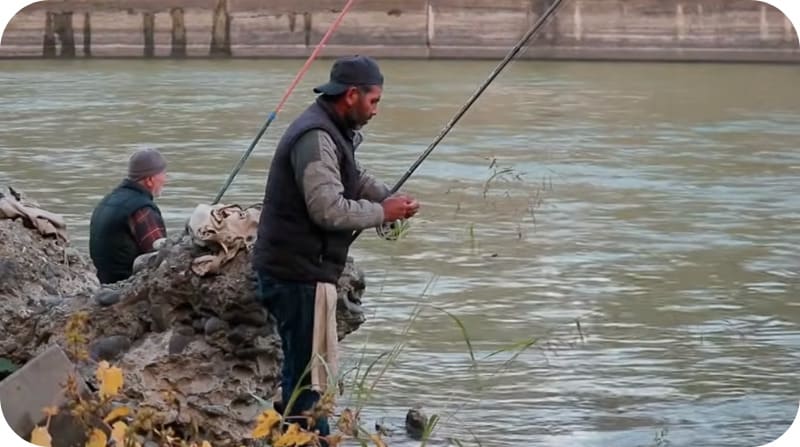
They include sea reservoirs, rivers, lakes and other reservoirs. The list is specified in the law N 166 “On fishing and conservation of aquatic biological resources” in article 17. More detailed information is given in the appendix of this law.
The most popular place for fishing is the Astrakhan basin. There is a large selection of recreation centers with the opportunity for fishermen to satisfy their needs. In addition, the climate is favorable for a pleasant pastime.
Types of fishing that citizens and legal entities can carry out
The list of species is also spelled out in 166 Federal Laws and includes seven varieties. So, citizens and legal entities are allowed to conduct the following types of fishing:
- industrial;
- coastal;
- for scientific and control purposes;
- educational and cultural – educational;
- for the purpose of fish farming;
- amateur;
- in order to maintain the traditional economy of the peoples of the Far North, Siberia, and the East.
In order to engage in entrepreneurial activity, a person must be registered as a legal entity or an individual entrepreneur. It is prohibited for foreign citizens to engage in entrepreneurial activities in the field of fishing on the territory of the Russian Federation.
Rules and prohibitions for recreational fishing
Recently, amendments were made to the fishing rules 2021. Now amateur fishing for citizens of the Russian Federation can be carried out almost everywhere. Reserves, nurseries, ponds and other farms remain under the ban.
Recreational fishing can be carried out in cultural fisheries, but only with a permit. Control over compliance with the rules of fishing is entrusted to the fisheries protection authorities. They are the ones who give permission.
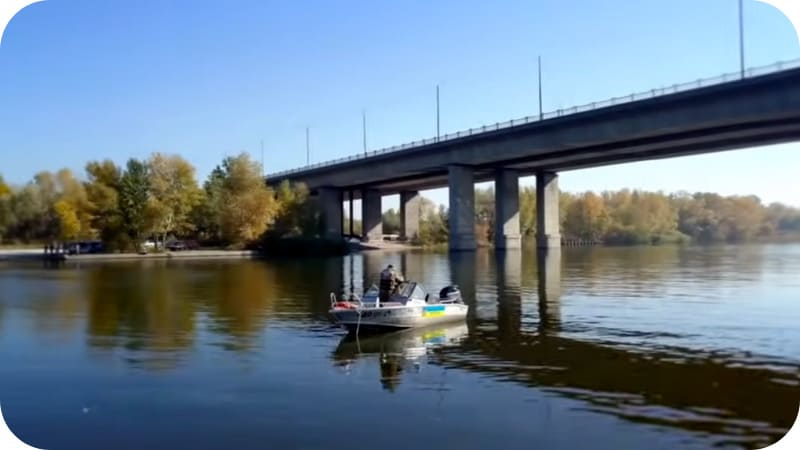
According to the fishing law, citizens must have an identity document with them. His absence will be regarded as a violation of the rules. Also, the rules of recreational fishing 2021 prescribe the maintenance of order at water bodies, including on the coast.
According to the rules of fishing in 2021, it is prohibited:
- Use of new types of gear and methods of extraction, without proper permission.
- Be located near water bodies with prohibited fishing items.
- Use of two or more rods per person, as well as two or more hooks during spawning periods.
The last point may differ depending on the subject. Some allow one hook, while others allow two. For more information, please refer to local fishing regulations.
For lovers of spearfishing, there are also certain restrictions. First of all, the presence of scuba gear. But at the same time, hunting with the use of a harpoon and a harpoon-type gun is allowed.
The use of a floating craft that is not registered and does not have a side number is also considered a violation of the fishing rules. Applies to all types of fishing.
The most forbidden periods of the year are spring and early summer. It is at this time that spawning is in full swing. Restrictions are quite serious.
Responsibility for committing offenses in the field of fishing
The Law on Fisheries also establishes liability. Violation of legislation in the field of fishing entails the imposition of an administrative fine from 2 to 5 thousand rubles on individuals in accordance with Article 8.37 of the Code of Administrative Offenses of Russia. For officials from 20 to 30 thousand, and for legal entities from 100 to 200 thousand rubles. In addition, the gun and watercraft are subject to confiscation.
It also provides for an administrative fine for not having a fishing permit. It qualifies under Article 7.11 of the Code of Administrative Offenses of the Russian Federation and provides for a fine of 3-5 thousand rubles for citizens. For officials 5-10 thousand and for legal entities 50-100 thousand.
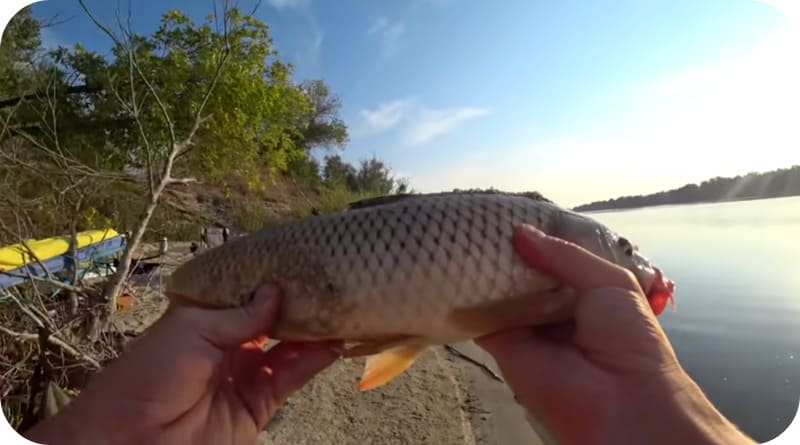
Citizens can be fined for not having the appropriate certificate when driving a small boat. This punishment is prescribed in Article 11.8.1 of the Code of Administrative Offenses and provides for a fine of 10 to 15 thousand. To avoid this, you must have a ship’s ticket or a notarized copy with you.
Administrative responsibility is not the only punishment. For more serious offenses, a criminal offense is also provided. For example, the extraction of aquatic inhabitants during the spawning period with prohibited tools (means) and methods are qualified by Article 256 of the Criminal Code of the Russian Federation.
Illegal fishing or destruction of rare species of biological resources, i.e. listed in the Red Book. In this case, Art. 258.1 of the Criminal Code of the Russian Federation, which provides for trial or compulsory work up to 480 hours, or imprisonment for up to 4 years with a fine of up to 1 million rubles. Clogging a reservoir is punishable by an administrative fine of 500 – 1000 rubles in accordance with Article 8.13 of the Code of Administrative Offenses.
Conclusion
It is important to know not only how to fish and what kind of bait, but also the fishing law 2021, as well as keep track of new bills. Changes appear quite often. Otherwise, you can run into problems, and in some cases very serious ones. In order not to break the law, you need to know it!










